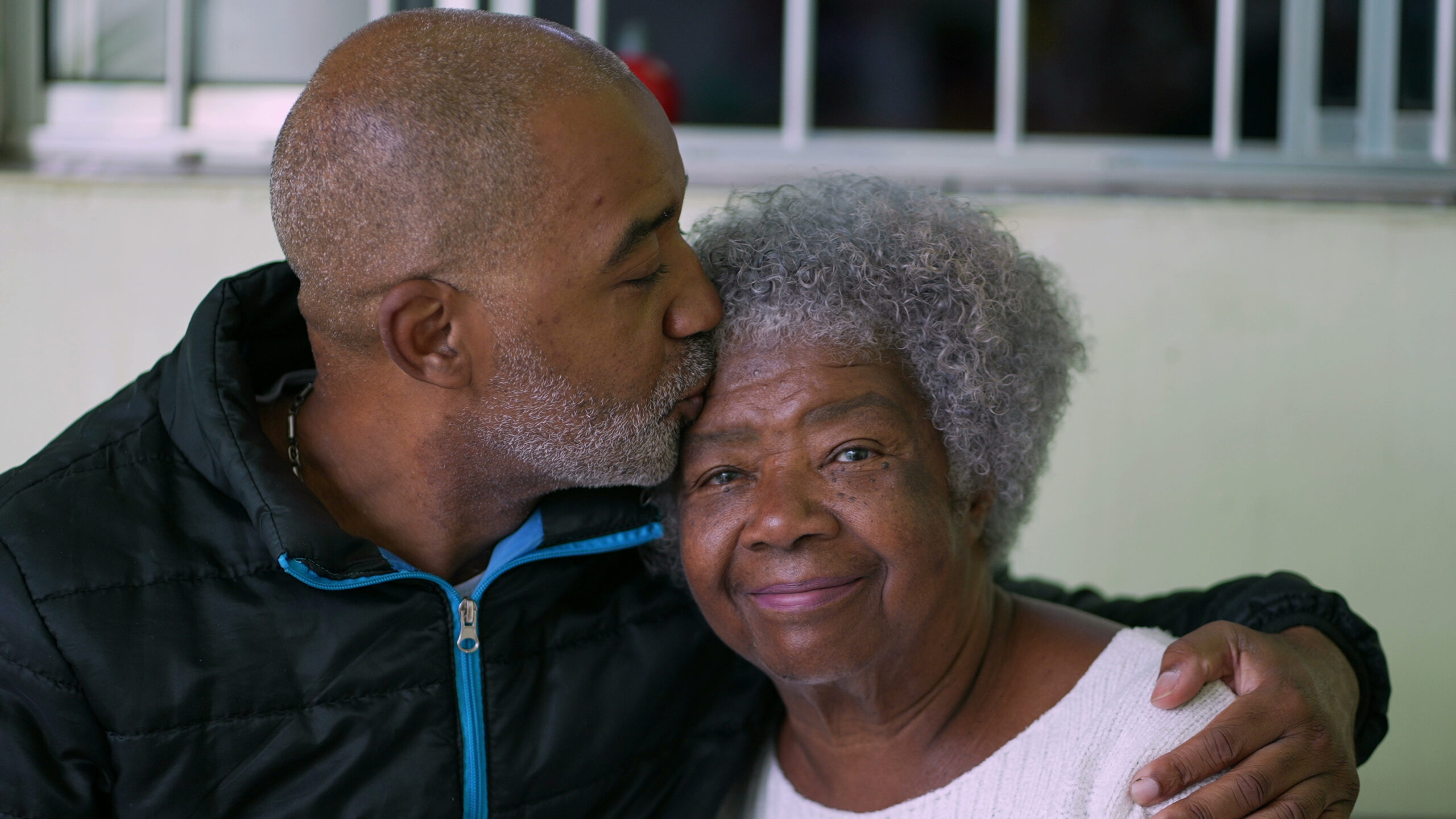Being a caregiver of a loved one with dementia is one of life’s toughest jobs. It’s not just about managing medications or doctor’s appointments; it’s about navigating a world where your loved one’s memories and abilities are shifting, sometimes daily. It’s heavy, it’s emotional, and it’s often isolating. So, how do we support the superheroes who take on this role? Let’s dig into ways to lighten their load and remind them they’re not alone.
Acknowledge Their Effort
First and foremost, let’s give caregivers the credit they deserve. Whether it’s a quick text saying, “You’re doing an amazing job,” or a heartfelt note, these little gestures matter. Caregiving is often a thankless task; a simple acknowledgment can go a long way. Don’t underestimate the power of saying, “I see you, and I appreciate you.”
Beyond words, consider actions that show appreciation. A small token of gratitude, like a coffee gift card, a flower bouquet, or even a handmade gift, can brighten a caregiver’s day and remind them that their efforts are noticed and valued.
Offering Practical Help
Instead of the vague, “Let me know if you need anything,” try offering something specific. Think:
- Dropping off a home-cooked meal.
- Running errands or picking up groceries.
- Staying with the loved one so they can take a break.
Being specific makes it easier for the caregiver to accept help without feeling like they’re burdening you. For example, you might say, “I’m free Saturday afternoon. Can I come by and help with housework or watch your loved one while you run errands?” Offering concrete assistance takes the guesswork out of the equation.
Also, keep in mind that practical help isn’t always about big tasks. Little things like folding laundry, mowing the lawn, or bringing over some fresh groceries can make a huge difference. Sometimes, it’s these seemingly minor gestures that lighten the caregiver’s mental load.
Be a Listening Ear
Sometimes, caregivers just need to vent. They need someone to listen without judgment or advice—just pure, undistracted listening. Ask them how they’re doing and really mean it. Let them share their frustrations, fears, or even moments of joy.
When listening, resist the urge to jump in with solutions unless they explicitly ask for advice. Caregivers are often inundated with unsolicited advice, and what they’re truly seeking is a safe space to express themselves. Validating their feelings by saying things like, “That sounds so tough,” or “I can’t imagine how challenging that must be for you,” can provide immense relief.
Encourage Self-Care
“You can’t pour from an empty cup” is one of those clichés that’s also completely true. Caregivers need to hear that it’s okay—necessary, even—to take care of themselves. Encourage them to:
- Take a walk or do some light exercise.
- Schedule regular check-ins with their own doctor.
- Carve out time for hobbies or activities they love.
Self-care doesn’t have to be a grand gesture. It can be as simple as a warm bubble bath, an hour with a favorite book, or listening to calming music. For caregivers who struggle to find time, you can step in by offering to watch their loved one for an hour or two while they focus on themselves. Remind them that taking a break is not selfish; it’s essential for their well-being.
Share Resources
Navigating dementia can feel like trying to put together IKEA furniture without the manual. Share resources that might help, like:
- Local support groups or online communities.
- Respite care services.
- Informative websites or books about dementia care.
For example, organizations like the Alzheimer’s Association offer a wealth of information, from caregiving tips to finding local resources. You can also recommend apps designed to assist caregivers, such as CareZone for organizing medications and appointments or Headspace for mindfulness and stress relief.
Another helpful gesture is compiling a list of professional services, such as in-home care providers or adult day programs, which can provide much-needed relief for caregivers.
Be Patient
Remember, caregiving is a rollercoaster. There will be good days and bad days. Sometimes the caregiver may cancel plans last minute or seem distracted. Be patient and understanding. They’re juggling more than most of us can imagine.
Patience also extends to being flexible with your offers of support. If a caregiver isn’t ready to accept help initially, let them know the offer stands. Sometimes, it takes time for someone to realize they need assistance.
Educate Yourself
One of the best ways to support a caregiver is to educate yourself about dementia. Understanding the disease and its progression can help you empathize with what both the caregiver and their loved one are experiencing. It also equips you to provide more meaningful support.
Learn about common behaviors associated with dementia, such as agitation or wandering, and the challenges these behaviors pose. By understanding these nuances, you’ll be better prepared to step in and assist when needed.
Check-In Regularly
Support isn’t a one-and-done thing. Keep checking in. A simple “How’s everything going?” or “Thinking of you” text every couple of weeks can be a lifeline. Consistency shows that you genuinely care and are there for the long haul.
You might also consider setting reminders for yourself to check in periodically. A quick phone call or text can remind caregivers that they’re not alone, even during the most isolating times.
Advocate for Them
Caregivers often feel invisible, especially when dealing with medical professionals or navigating complex healthcare systems. If they’re comfortable, offer to accompany them to appointments or help them research treatment options. Advocating for the caregiver’s needs can help alleviate some of their stress.
Foster Connections
Isolation is a common challenge for caregivers. Help them stay connected to friends and family. Invite them to low-key social gatherings or arrange video calls if in-person meetups aren’t possible. Even a small amount of social interaction can do wonders for a caregiver’s mental health.
If the caregiver hesitates to join social events, reassure them they’re welcome and their presence matters. Sometimes, they need a gentle nudge to reconnect with their support network.
The Bottom Line
Caregiving for someone with dementia is a marathon, not a sprint. It’s physically exhausting, emotionally draining, and often isolating. But with a little empathy, practical help, and consistent support, we can make a difference in the lives of these incredible caregivers.
So, if you know someone caring for a loved one with dementia, don’t wait for them to ask for help. Reach out. Show up. And remind them that they’re never alone on this journey.






